“This excellent volume offers a remarkably thorough analysis of young people’s lives and sexual relationships in Tanzania. In this detailed qualitative analysis, the authors show the value of good ethnographic fieldwork for research in this sensitive and private sphere. The book deserves to be widely read, particularly by all those concerned about the well-being of young people.”—Janet Seeley, University of East Anglia.
New infections with HIV remain an urgent problem among young people in Africa, but many young Africans pursue sexual relationships with little thought for the epidemic. This book examines young people’s sexual relationships in a region typical of rural sub-Saharan Africa and investigates why the risk of HIV infection generally is not a salient concern for them. It is based on an extraordinarily large and representative qualitative study that was affiliated with an adolescent sexual health intervention trial and included three person-years of participant observation conducted by young East Africans in nine Tanzanian villages. The book describes typical patterns of sexual relationship formation in adolescence and early adult life, the variety of young people’s relationships and practices, and the contradictory social ideals and expectations that led premarital and extramarital relationships to be concealed. Young men’s main motivations for sex were a pleasure and masculine identity, while young women’s were to receive money or materials to meet their basic needs, such as soap or a daytime meal. By their late teens, most young people had experienced one-time sexual encounters, open-ended opportunistic relationships, and “main,” sometimes semi-public, partnerships. Relationships could involve desire, possessiveness, and affection, but a romantic idealisation of a partner was rare. Many young people expected their partners to be monogamous, but themselves had had concurrent relationships by age twenty. The practice of hiding premarital sexual relationships from adults often also concealed them from other sexual partners, which helped maintain concurrency and inhibited realistic risk perception. Understanding of the biology of HIV/AIDS was very limited. Condoms were rarely used because they were associated with reduced pleasure, infection, and promiscuity.
Sexually transmitted infections were common, but several factors hindered young people from seeking biomedical treatment for them. Many instead, relied on traditional medicine, as they did for contraception, induced abortion, and fertility promotion.
This book analyses how young people’s poor understanding of HIV/AIDS, the common practice of material exchange for sex, and the concealment of sexual activity contributed to short sexual relationships, fast partner change, overlapping partnerships, and related sexual health risks. It concludes by examining the key contextual barriers to and facilitators of young people’s sexual risk reduction.
About the author
Mary Louisa Plummer is a consultant to the UK Medical Research Council’s Social and Public Health Sciences Unit. She lives in Dar es Salaam, Tanzania. Daniel Wight leads the Sexual Health and Families Program at the UK Medical Research Council’s Social and Public Health Sciences Unit in Glasgow, Scotland.

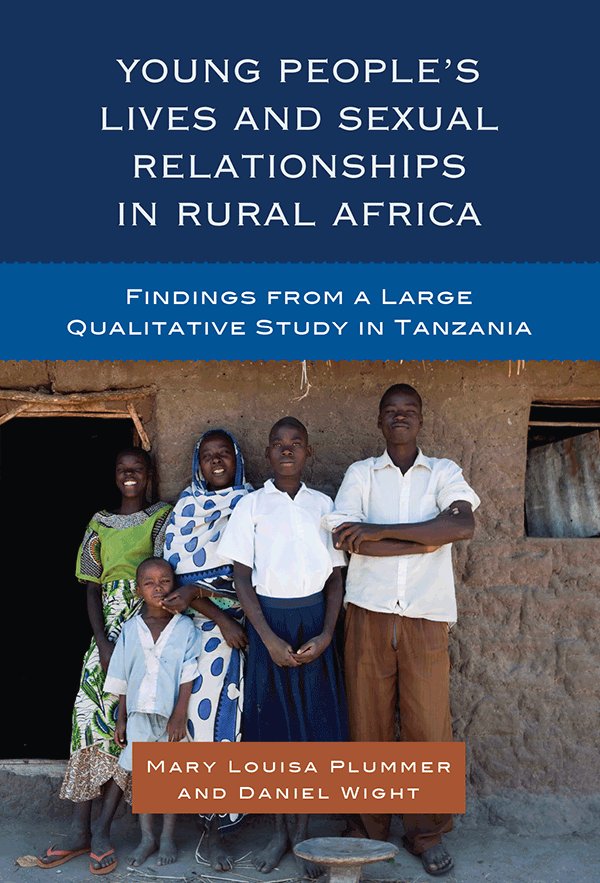
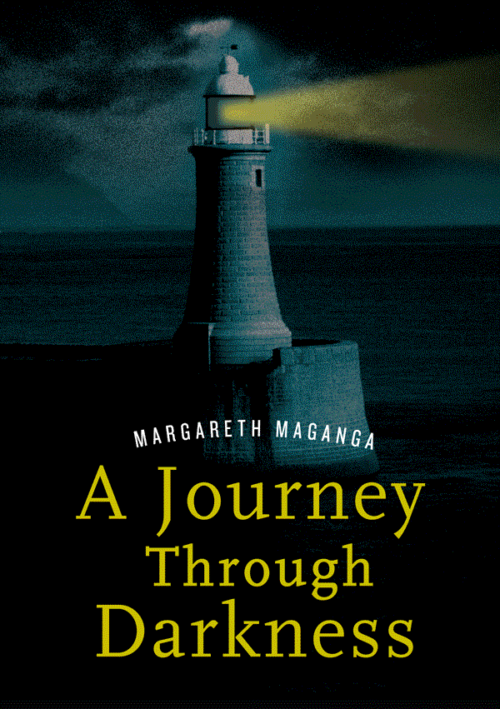
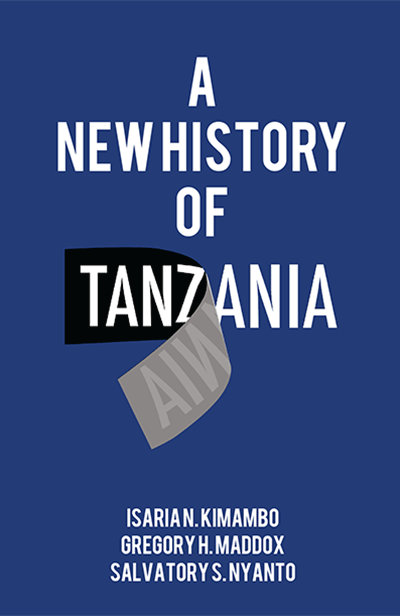
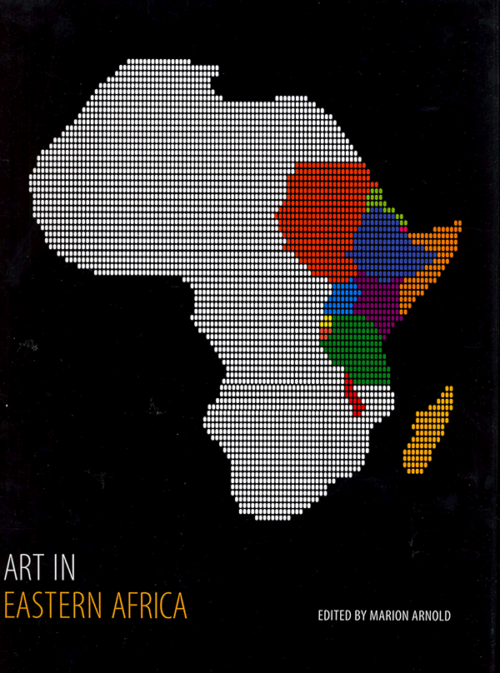
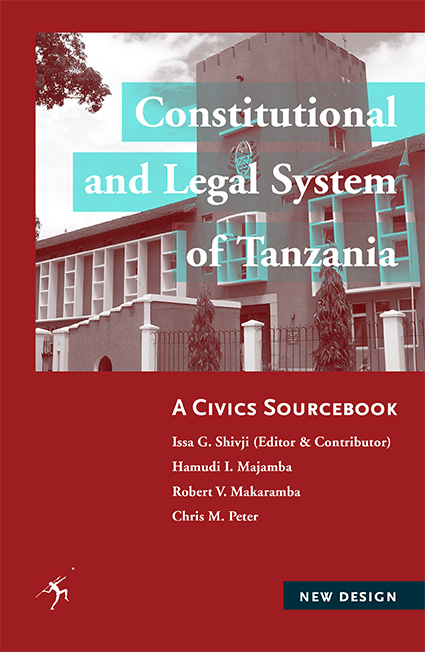
Reviews
There are no reviews yet.